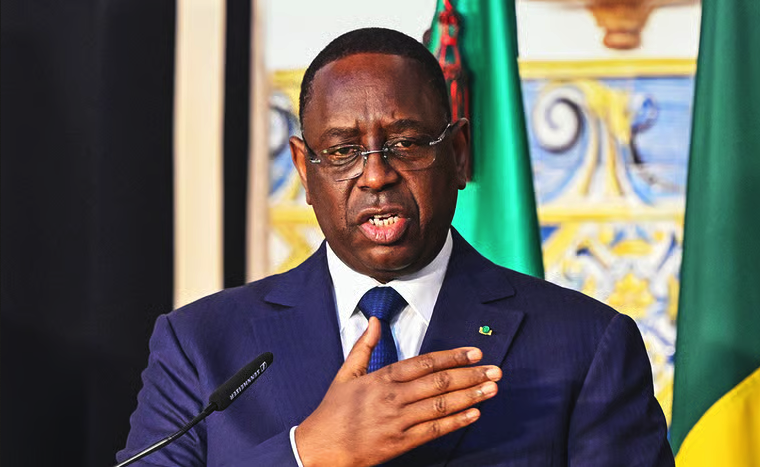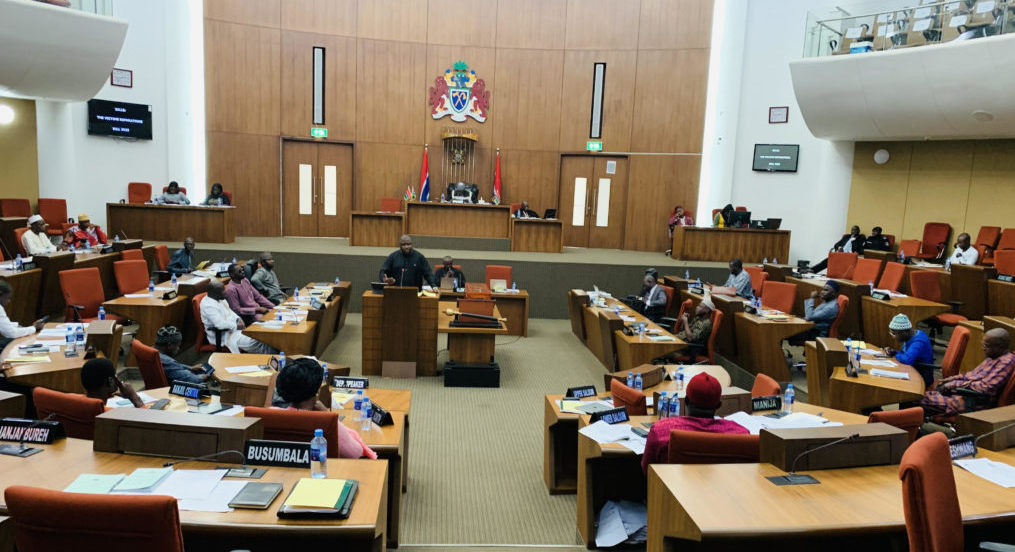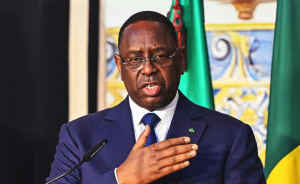The National Assembly of The Gambia has on Monday deliberated on the Women (Amendment) Bill, 2024, which aims to repeal the ban on Female Genital Mutilation (FGM). The bill has ignited passionate debates among lawmakers, with differing views on whether to uphold or repeal the existing law criminalizing the practice.
Before the bill was transferred to the Assembly Business Committee and the Health, Gender, and Human Rights Committee for further consideration, four members, including Hon. Almameh Gibba, Hon. Lamin Ceesay, Hon. Bakary K. Badjie, and Alhagie S. Darboe, expressed their support for repealing the ban on FGM.
The decision to refer the bill to the relevant committees was proposed by Alhagie S. Darboe, who emphasized the need for further engagement and gathering of perspectives from key stakeholders. This proposal was seconded by Hon. Madi Ceesay.
The Health, Gender, and Human Rights Committee and the Assembly Business Committee will now engage with stakeholders, gather relevant information, and prepare a report for the assembly members. This report will serve as the basis for a thorough and well-informed debate on whether to repeal or uphold the existing law.
However, supporters of the bill are concerned that referring it to the committees for further research could result in a significant delay in making a decision. In the meantime, FGM remains prohibited in The Gambia.
The delay in voting on the bill was anticipated by Emmanuel Joseph Joof, the chairperson of the National Human Rights Commission, who expressed concern that the committee stage might lead to amendments related to FGM, such as “medicalized” FGM or making it an option, which could increase tension and strengthen the campaign for repeal.
Ultimately, the fate of the Women (Amendment) Bill, 2024, and the ban on FGM in The Gambia will be determined by the members of the National Assembly after considering the reports from the committees.
Gambia’s former leader, Yahya Jammeh, banned the practice in 2015 without explanation, imposing fines and jail sentences. The new repeal bill tabled by Almameh Gibba, is supported by religious conservatives, and aims to uphold religious purity and safeguard cultural norms and values. Lawmaker Almameh Gibba argued the ban violates citizens’ rights to practice their culture and religion.










